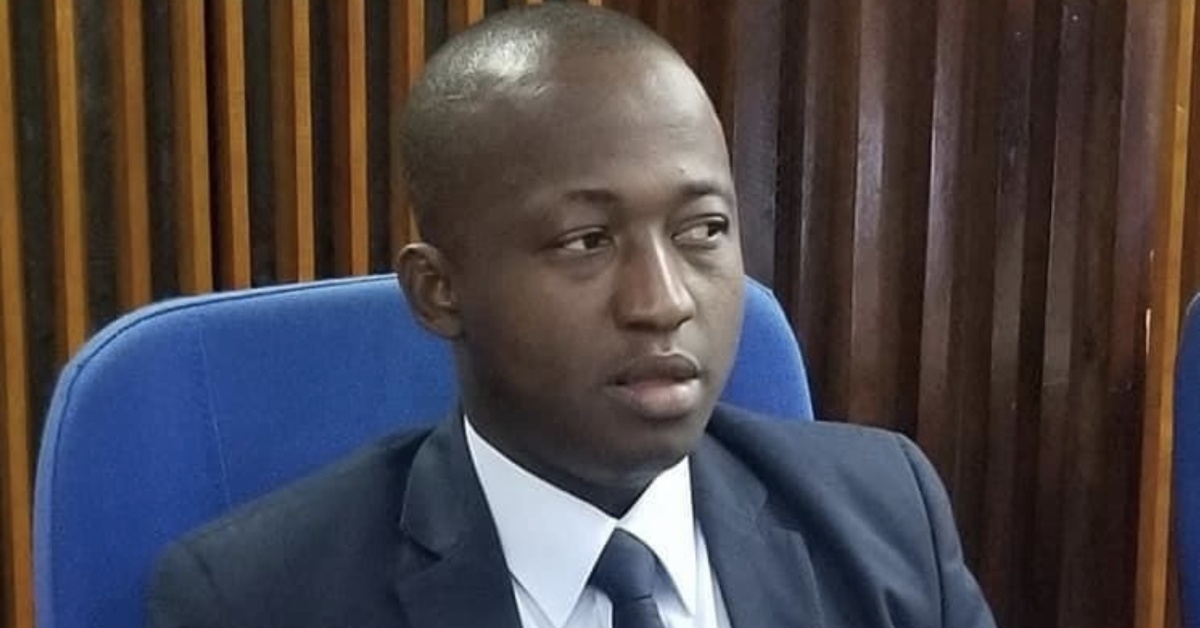Chief Whip of the Opposition Abdul Karim Kamara has called for the national minimum wage to be adjusted in line with the cost of rice, Sierra Leone’s staple food, in an effort to mitigate rising living costs and inflation.
Kamara proposed that wages should be set to afford at least three to five bags of rice, noting that current earnings fall drastically short of meeting basic food needs.
Kamara made the statement on November 4, 2024, during parliamentary debates following President Julius Maada Bio’s address at the opening of the sixth parliament’s second session. Kamara argued that it was the duty of MPs not only to critique government policy but to offer tangible solutions to economic challenges facing citizens.
“One of the solutions we should proffer as members of parliament is that no matter the cost of rice, the minimum wage should be at least the worth of three or five bags of rice,” he stated, adding that if not pegged to rice, wages should instead be tied to the US dollar to provide more financial stability.
Kamara criticized the government’s handling of inflation, comparing it to previous administrations. He pointed out that during the previous regime, a minimum wage of 500 Leones was sufficient to buy two bags of rice, whereas now, with an 800-Leone minimum wage, a single bag remains out of reach for many. He also highlighted how his salary as an MP had eroded over time, falling from a purchasing power equivalent to 1,500 US dollars in 2018 to well below that level today, despite nominal increases.
Adding to the critique, Tonkolili District MP Daniel Mahmoud Bangura noted that President Bio had promised in 2018 to reduce inflation from 17% to single digits but that inflation had instead surged. “Seven years in office and the minimum wage cannot buy a bag of rice,” Bangura said, highlighting Sierra Leone’s worsening ranking in the 2024 Global Hunger Index, where it is now among the ten hungriest countries worldwide.
Opposition MPs also criticized the government’s recent tax increase on rice, with an additional 10% levy set to take effect next year. They argued that, coupled with inflation, the tax increase would place an unbearable burden on citizens, especially as promised food security initiatives, like the Torma Bum agricultural project, have yet to deliver substantial results.
The opposition’s calls for wage reform reflect mounting concerns over inflation and food insecurity, underscoring the strain on Sierra Leoneans as basic living costs rise unchecked.












Thank you Mr MP
God bless you sir
True talk
I wonder if that will happen. Just imagine paying me nle1000 and a bag of rice is nle800_900. How about the rent, medical, school fees,etc. Salon na fine country really.
Just imagine paying me nle1000 a bag of rice is nle800_900, how about the rent, medical school fees etc salon na fine country really.